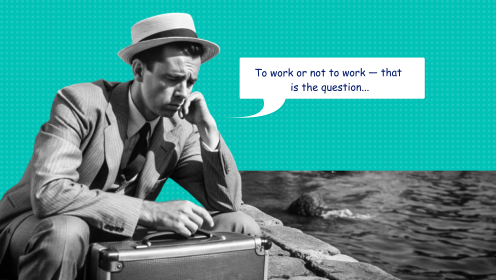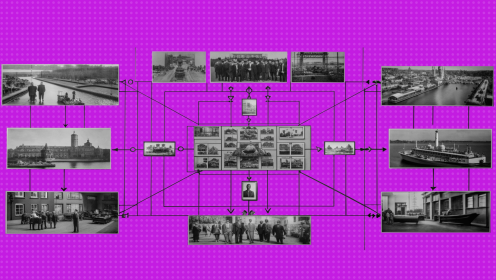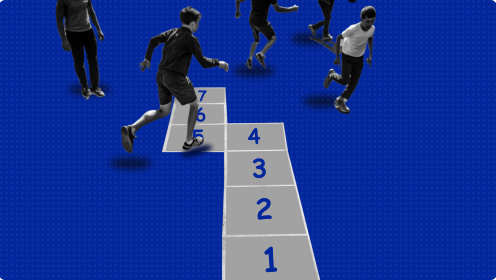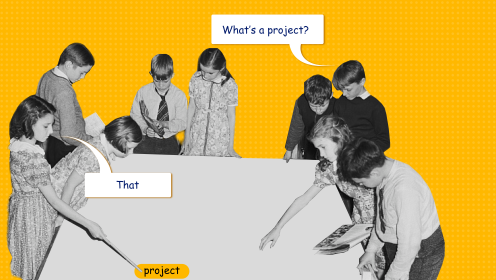For a long time, I was obsessed with the idea of efficiency and tried to make every day as productive as possible. Mandatory morning exercises (even if there is no strength), daily English classes, maximum results at work (and how else!), active leisure... when I did not have time for something from my crazy list, I was tormented by a feeling of guilt and complete worthlessness. It seemed like I was constantly missing something. It's like I was in a race. This continued until I was at an appointment with a psychologist and realized that I had a neurosis.
It dawned on me that I was endlessly exhausting myself and did not allow myself to rest. A little more, and I would have had a serious nervous breakdown, but, fortunately, I sounded the alarm in time. Now I regularly give myself time to rest, trying to find a balance between my personal life and work, because I understand that the result of my activities depends on my physical and emotional state, among other things.
Why it is important to find a balance between work and personal life
In Japan, there is a concept of "karoshi", which means death in the workplace. So, in 2015, 2310 people died from karoshi. In Japanese culture, the habit of recycling has acquired an incredible scale. Working 12 hours a day is considered the norm for the Japanese. But is the work worth so many human lives?
The heads of some large companies have come to the conclusion that overworking leads to a deterioration in the work of employees in general and actively encourages their rest. For example, the management of Netflix decided that every employee can take a vacation at any time convenient for themselves. At the same time, the number of vacation days is unlimited. Despite this freedom, employees do not abuse this opportunity. As a result, they are not only more satisfied with their lives, but also show excellent work results.
"An unlimited number of free days helps to attract and retain the most talented employees, especially millennials and guys from Generation Z who do not recognize schedules and schedules. In addition, the absence of a formal procedure reduces the amount of administrative work – and, consequently, the company's costs. But more importantly, the free schedule signals: we trust our employees. In turn, the trust of the management encourages a responsible and conscientious attitude to work"
the billionaire, co-founder, chairman and director of Netflix Reed Hastings writes in the book "No Rules. Netflix's Unique Culture"
Dmitry Gusev – a psychotherapist (has been receiving since 1997), an analytical psychologist, head of the "Group Therapy Center" notes:
The desire to constantly be effective often indicates the presence of a feeling that you are not effective, that is, an inferiority complex or insolvency. All this can manifest itself as a classic neurosis. This is not very useful either for the psyche or for the body. I am approached by many people who have bored themselves with the requirements of success. Jesus is risen, and what have you achieved?!
I can't disagree with Dmitry, because I felt the sad results of the desire for successful success for myself. Even in my free time, I could not relax and relax.
And analytical psychologist Irina Volodina adds:
Without exaggeration, every second client request is related to this topic. As a rule, people come in a state when they can no longer do anything, just lie like a star. Some of them come with a request to make them effective again and, preferably, in a couple of meetings. But there are no miracles. And the condition of asthenia requires systemic treatment, sometimes even with medical support. First, it is important to understand that each of us has a limited working resource. Stop loading yourself with a large number of tasks that you still do not have time to do.
In other words, there is nothing wrong with striving to live and work more efficiently, but everything is good in moderation. If you strive to plan literally every minute and do not allow yourself to rest, then, for example, you can constantly be loaded with extra work. And if you are a super-responsible person and do not know how to say "no", then without noticing it, you will easily drive yourself into the trap of constant employment.
A constant regime of efficiency can quickly lead to burnout, increased anxiety, and deterioration of relations with loved ones. In the end, the body will hang up a "do not disturb" sign and arrange a strike in the form of an illness. Therefore, you should not ignore the signs of fatigue.
Ask for help in time
It is worth sounding the alarm when you realize that you have become anxious. This happened if you are often visited by negative thoughts, you have an unstable mood, and you also feel constant tension, which often leads to insomnia. If you have already formed a neurosis, then go to a psychologist to figure it out. Tips don't work here. Often the problem lies deeper than it seems. Meditation, yoga, the subtle art of indifference, time management and alcohol sometimes help, but, alas, only for those who are doing well without them.
Dmitry Gusev
Yes, sometimes the endless desire for efficiency indicates the presence of hidden psychological problems, which only a specialist can understand. However, I do not agree about time management: when I started planning my vacation, I began to rest much more. The main secret is only that it is impossible to replace the planned time for rest with any other things.
If you plan to lie on the couch for two hours, then you need to lie down, and not wash dishes, play with children, etc. Only in this case, such planning can be beneficial.
Take care of yourself and your mental health. Remember that the horse worked best on the collective farm, but she never became the chairman.


















